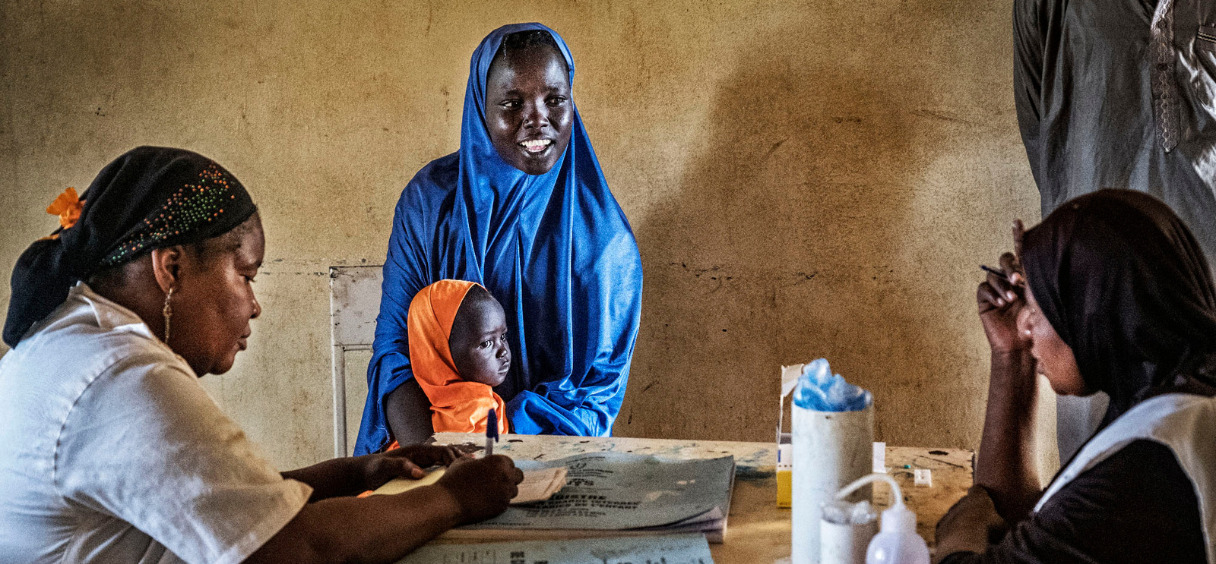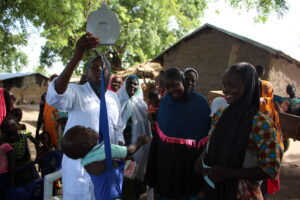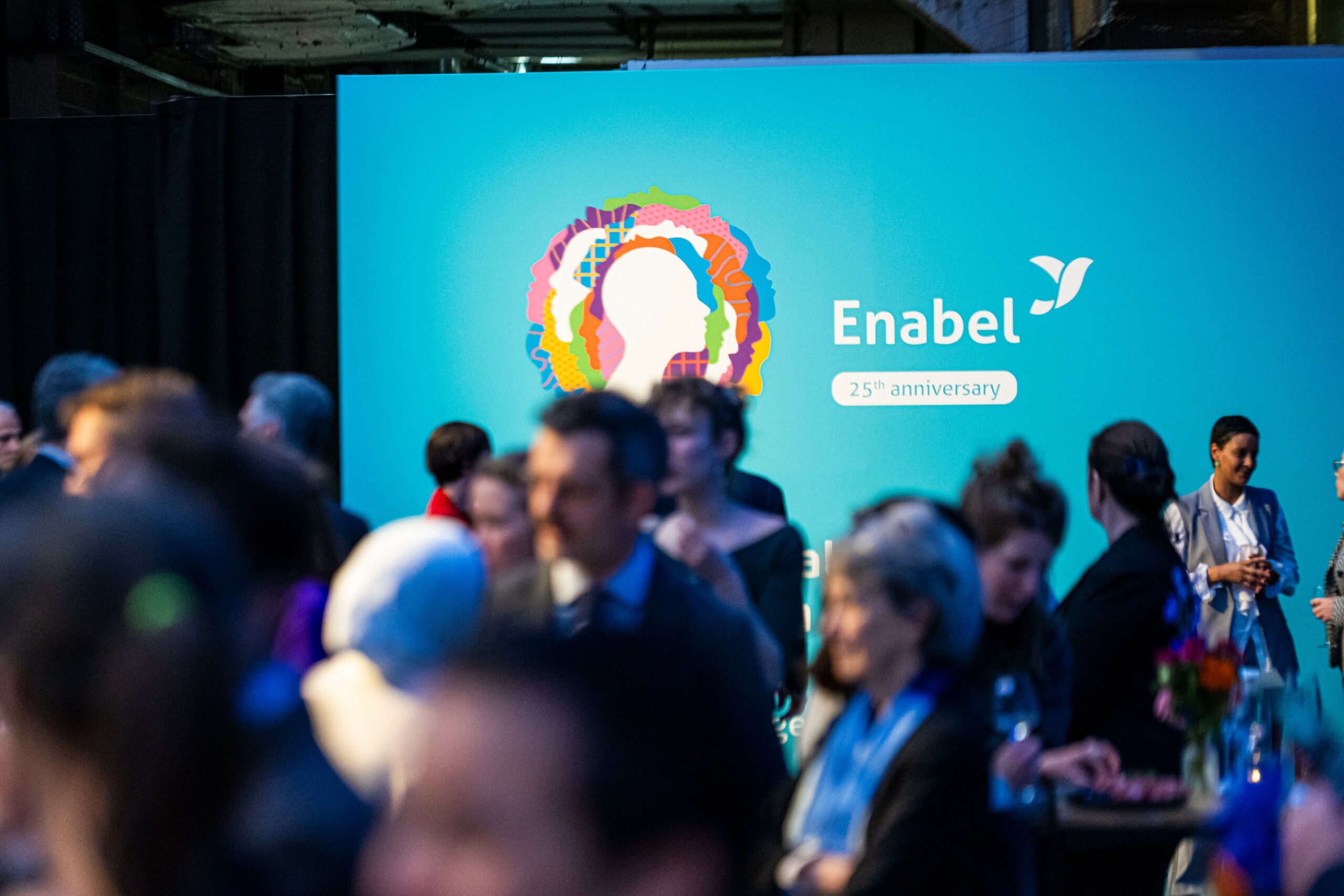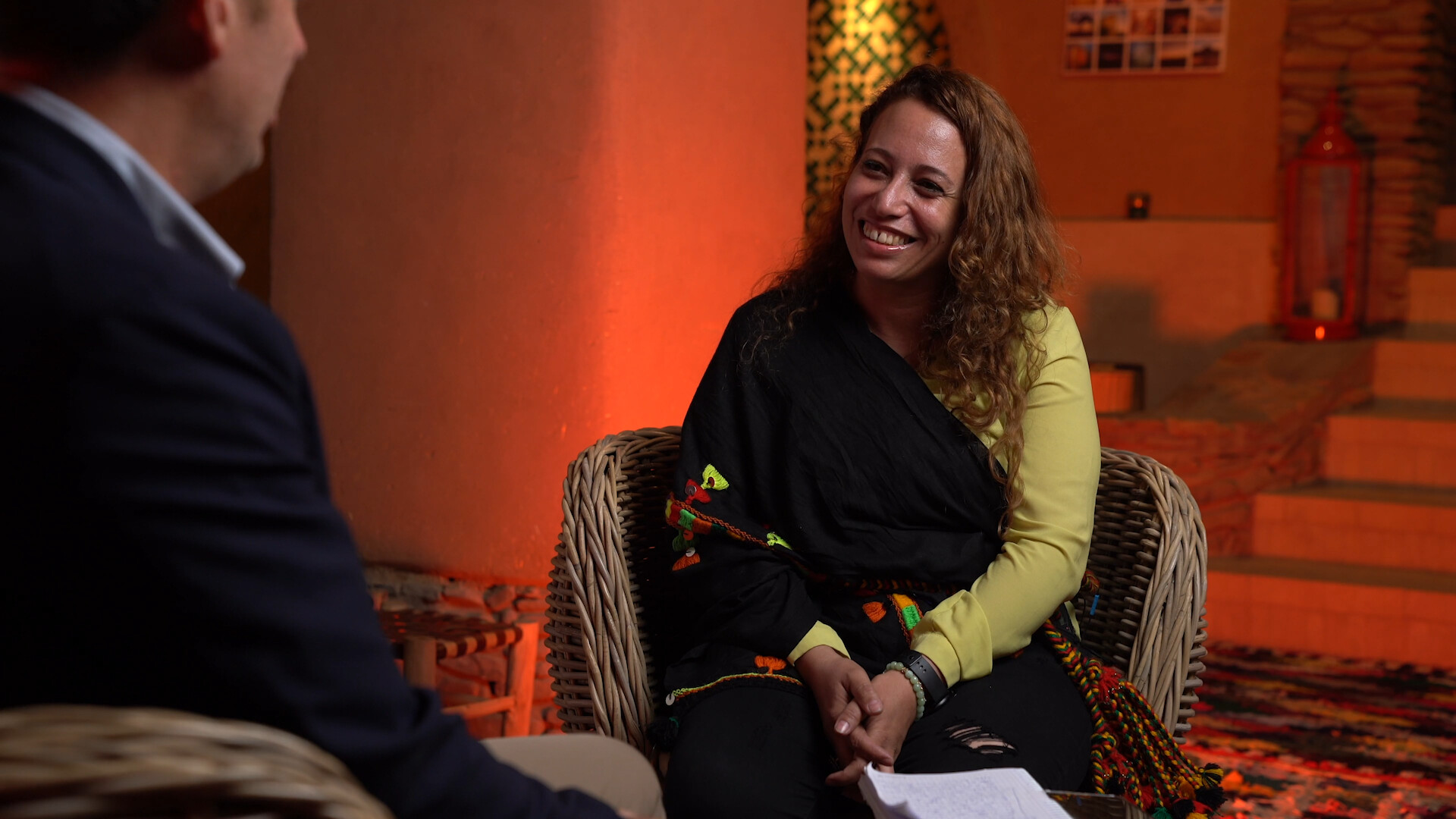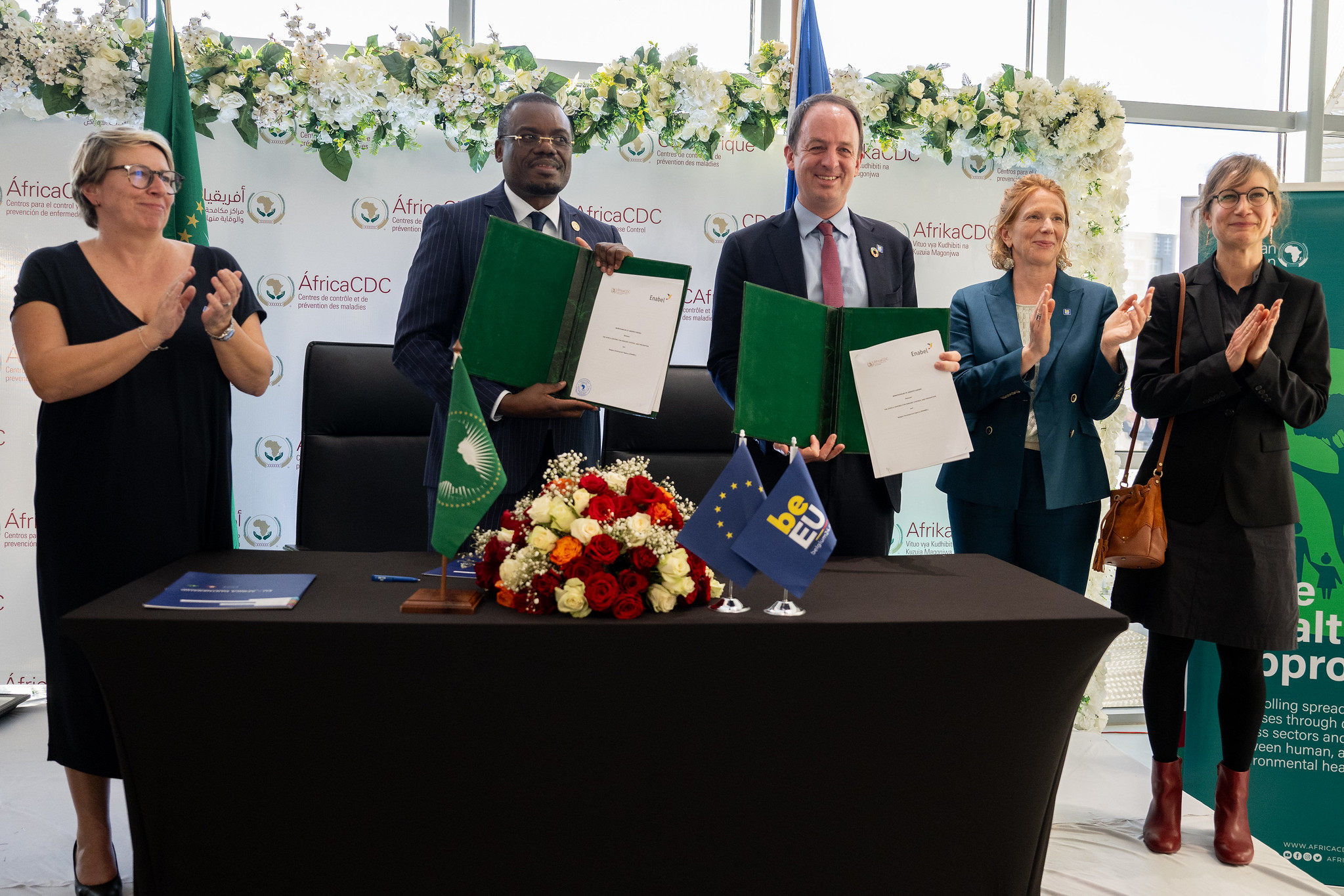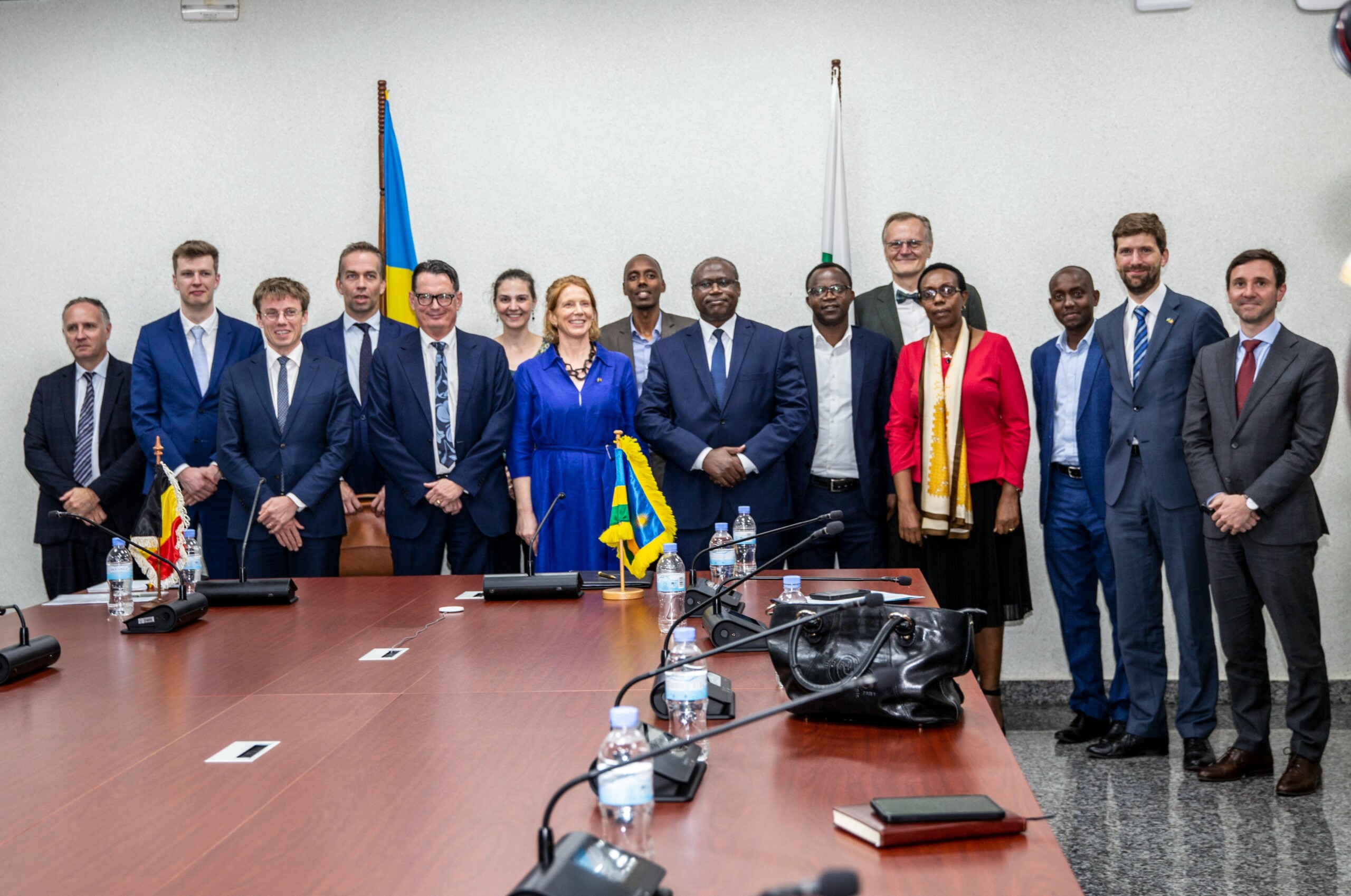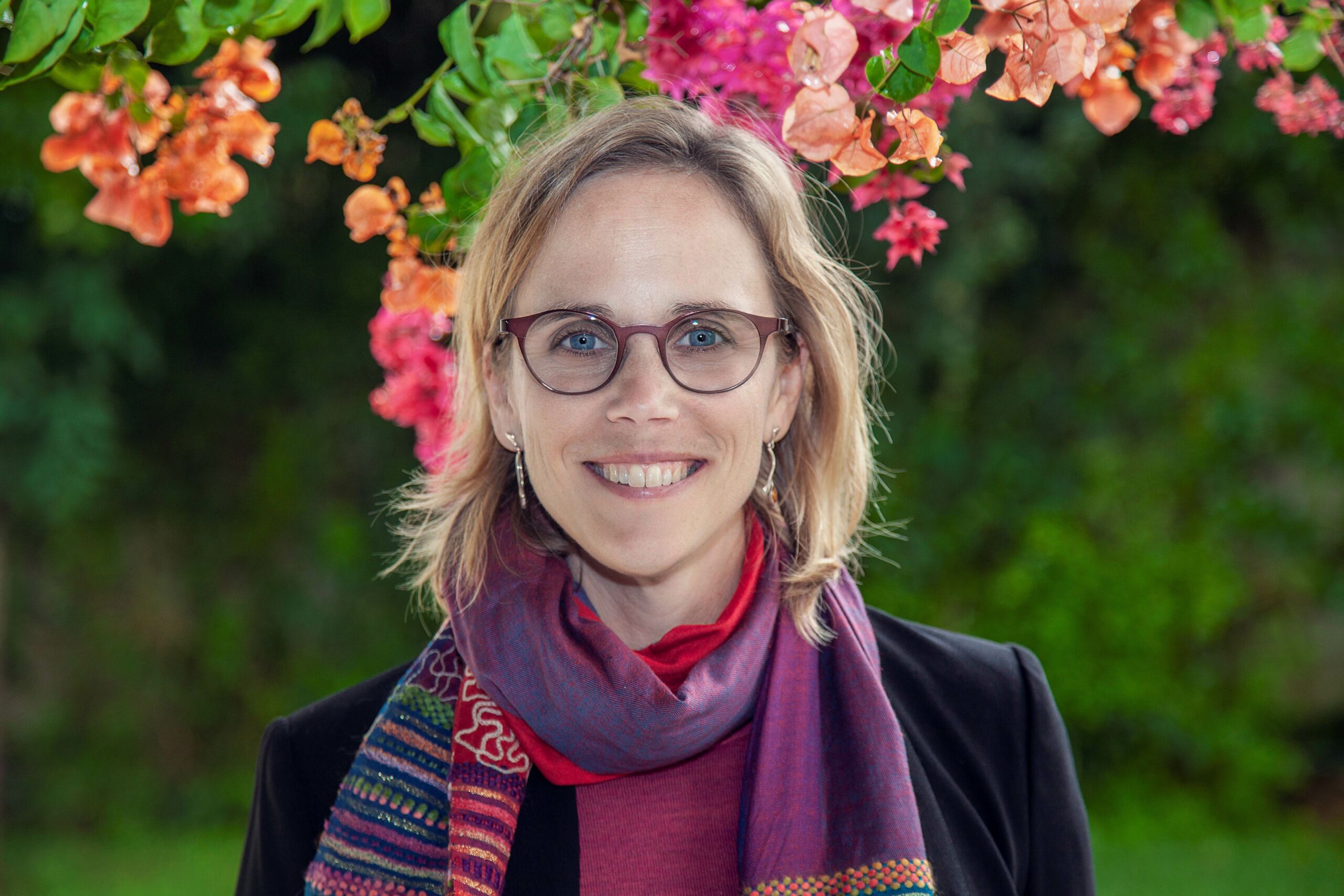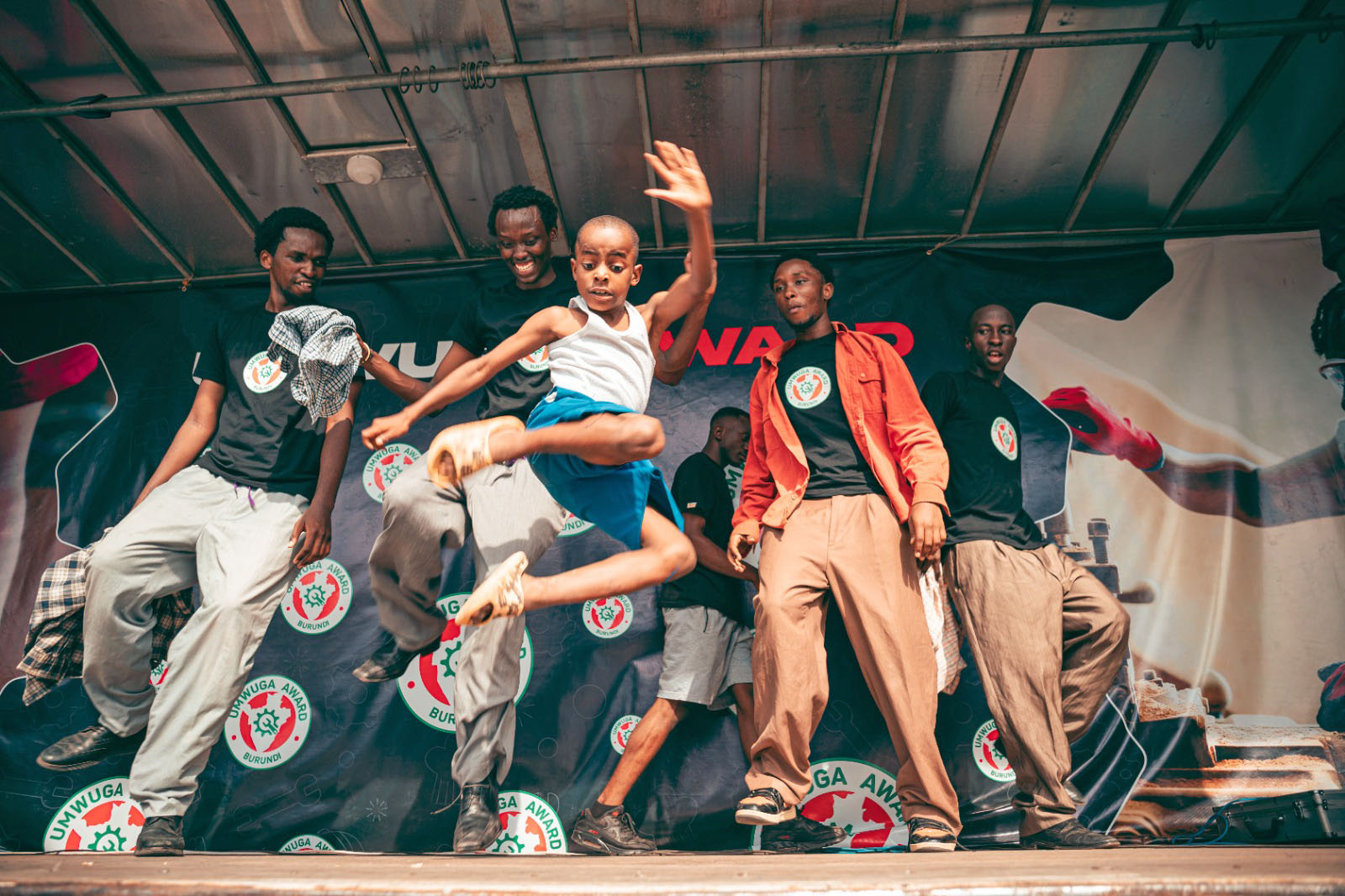News
06 October 2022
Healthcare coming your way
Mobile care teams in Niger
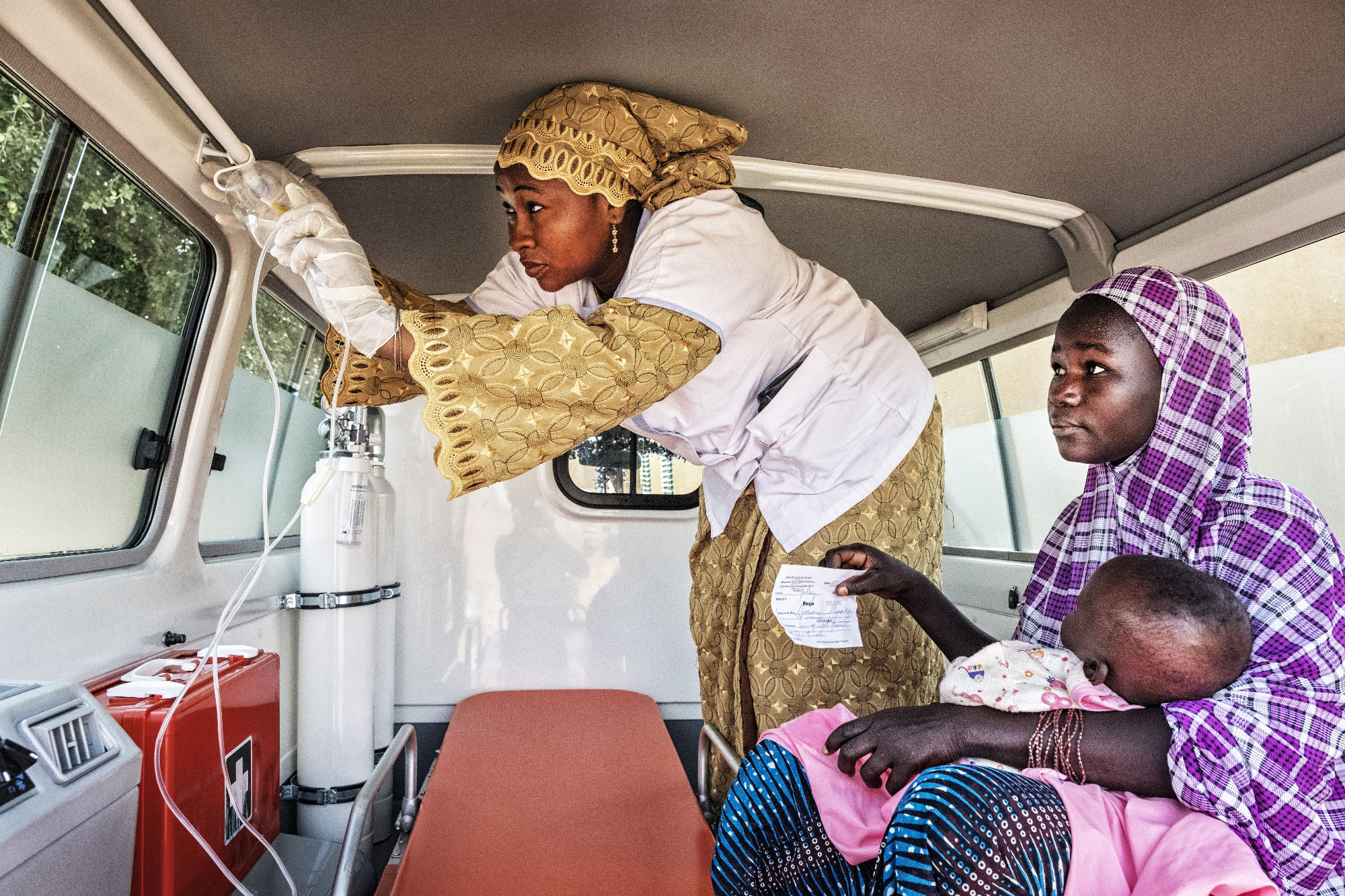
In Niger, many people live in remote and sometimes insecure areas. The road to the nearest health centre is often very long, so people do not go there easily. Enabel and its partners in Niger worked out a solution. Follow the mobile care team and read their story here.
Imagine: You live in a very remote part of your country. The asphalt layer on the road disappeared a long time ago under the blazing sun; during the rainy season, the compacted earth turns into a muddy mess. You farm your land, you send your children on foot to the nearest school, you have no car to get around.
Every week you walk to the nearest village to do your shopping and sell your own produce, but that takes a lot of time. For basic medical help you can go to a health post, but often enough you stood in front of a closed door or the post ran out of medical supplies. If you have a real medical problem, you have to go to the city. It is too far on foot and hours driving away from the village.
Niger faces this challenge: the sub-Saharan country is 40 times larger than Belgium and one of the poorest in the world. Despite the government’s efforts, access to quality health care remains a major problem.
Long distances and insecurity
“The road between the health centre of Bengou and the village of Koukoki is dangerous and the journey is too expensive. On the way you may be attacked by thieves, your money can be stolen, they can take your motorbike and injure you,” says Dan Joumeye Moutari, project collaborator for Enabel.
To tackle the issue, Enabel works with the Ministry of Health in two regions of the country. Since 2019 mobile care teams directly help people on location.
In Niger, the government wants all residents within a 5 km radius of the local health centre to go there and get the minimum health care package offered. This consists of medical consultations for sick people, antenatal consultations and the supervision of deliveries, and vaccination of children. For more complex medical care, people are referred to the hospital.
Often people live further away than 5 kilometres, making it more difficult to get to such a centre. They can then go to a smaller health post in their own village. They offer more limited medical services and are therefore sufficient for minor medical care, but because they are often understaffed or lack medical equipment, people are forced to go to health centres further away.
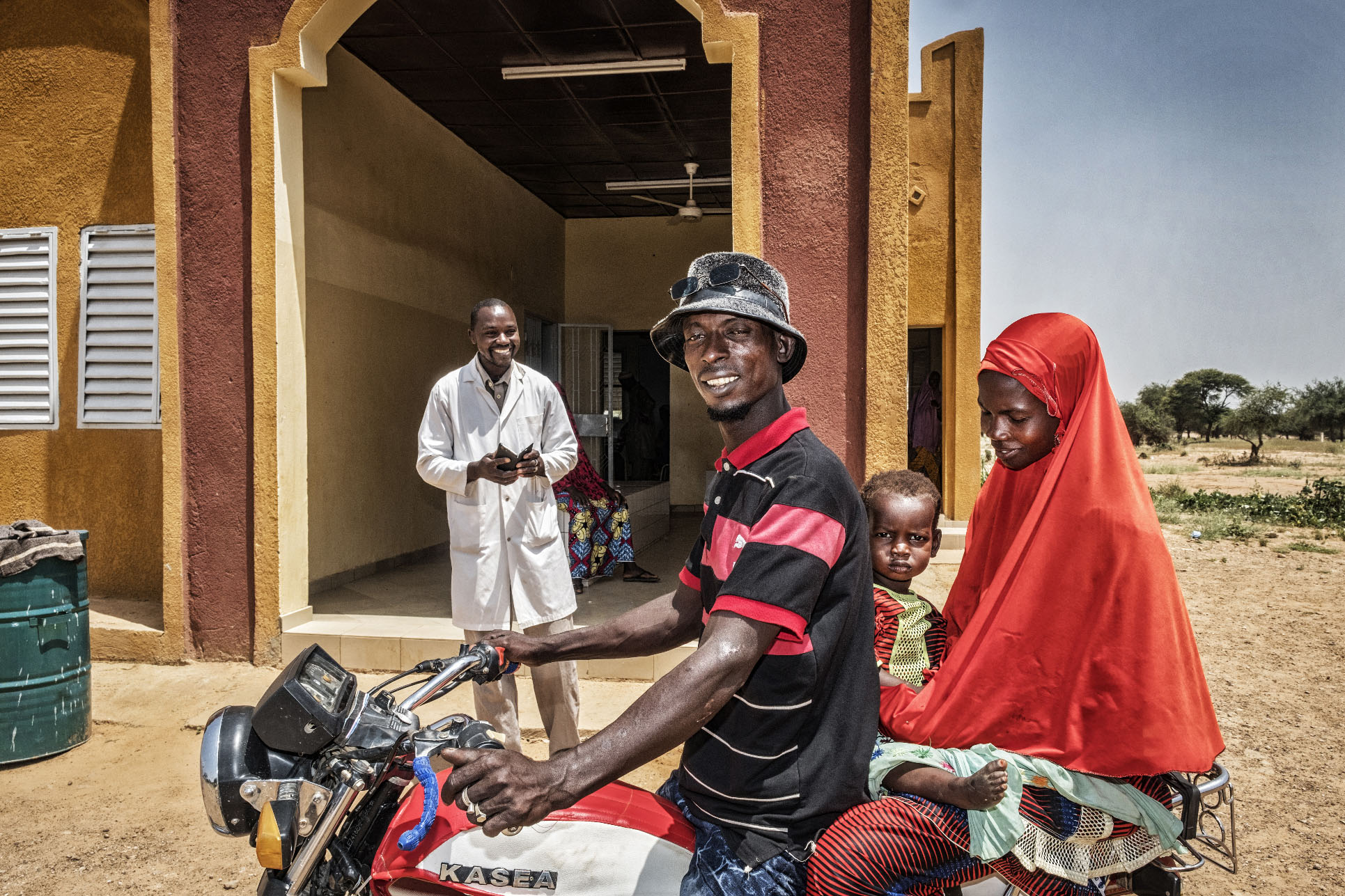
The mobile care teams
The mobile teams, which have been operating in the region since 2019, are solving this problem: They come to the health posts on a regular basis with equipment, medicines and medical staff.
As a result, people from the surrounding villages can count on the services of the health post. Moreover, additional services are offered monthly, so that people can also go to the health post for other medical assistance, which in turn relieves the larger medical entities.
“Every month we go out,” explains doctor Issaka Salifou. “I travel with two nurses to different villages in a specific region. There we offer medical consultations: Pregnant women visit us, children who need vaccinations, but residents can also come to us with other health problems.”
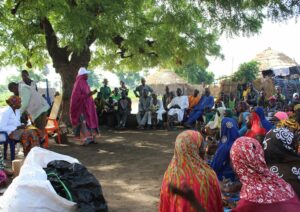
“Thanks to the mobile care teams, we no longer have to travel 10 km,” testifies Adama Mounkaila, a patient who uses the service. “This is a great relief; especially for pregnant women who often could not get to their antenatal consultations at the health centre due to lack of money for transport.”
A mobile team consists of doctors or nurses and midwives who do the consultations with the patients. There is also always someone who makes sure that the inhabitants of the region they are going to are informed of the arrival of the medical team.
Prevention and sensitisation
During field visits, awareness is also raised about child nutrition, the importance of vaccinations, family planning and childbirth with medical support. It is therefore important that not only people with medical needs attend, but that as many people as possible are present to receive information.
“Every month, the head of the health centre calls me to inform me of the arrival of the medical team. In turn, I pass on the message to the village chiefs concerned. To summon the population, they use the megaphone of the mosque and go around the village on foot to warn others. When the health workers arrive, everyone is already gathered here,” says Mamata Idé, who runs the health post at Alfaguey Belandé.
Mamata Idé has done this on her own since the health post was established in 2007 for a population of over 2,000. A heavy workload, especially during the rainy season when malaria is rife.
“I am the only health worker working at this post but I get help from two midwives. Without the monthly field visits, I would not be able to manage. Their support strengthens our team. They bring supplies like gas for the little fridge where measles vaccines, among other things, are stored. If they don’t come, people have to walk all the way to the health centre in Tanda, which is 24 kilometres there and back.”Oumarou Garba, mayor of a village on the island of Lété in the middle of the Niger River, is also keen to see the care teams.
“We used to have to travel as far as Gaya for medical help. That is 40 kilometres away on the mainland,” he explains. “We used to do this with a cart pulled by a donkey. Now the medical teams are coming to the island. Sick people are helped, pregnant women are assisted, the general health of my fellow villagers has much improved.”
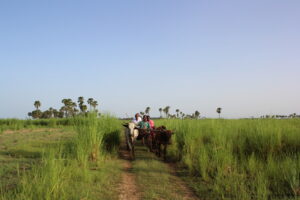
Healthcare in Niger
- 34 % of pregnant women attend all recommended antenatal visits (at least 4).
- 39 % of deliveries are attended by medical staff.
- Maternal mortality is 462 deaths per 10,000 live births (in Belgium: 8).
- The mortality rate for children under 5 years of age is 84.5 deaths per 1000 live births (In Belgium: 3.8).
- 54% of the population in Niger has access to health care.
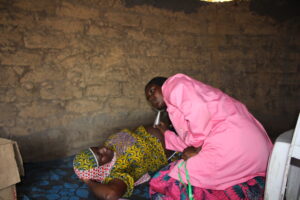
The project in figures
- Between January 2019 and December 2021, 32 field visits and mobile teams were organised.
- 8,979 women attended antenatal consultations (4 visits).
- 17,231 children under one year old received an infant consultation.
- 14,435 children aged 9 months were vaccinated against measles.
- 9,473 deliveries were medically assisted.
